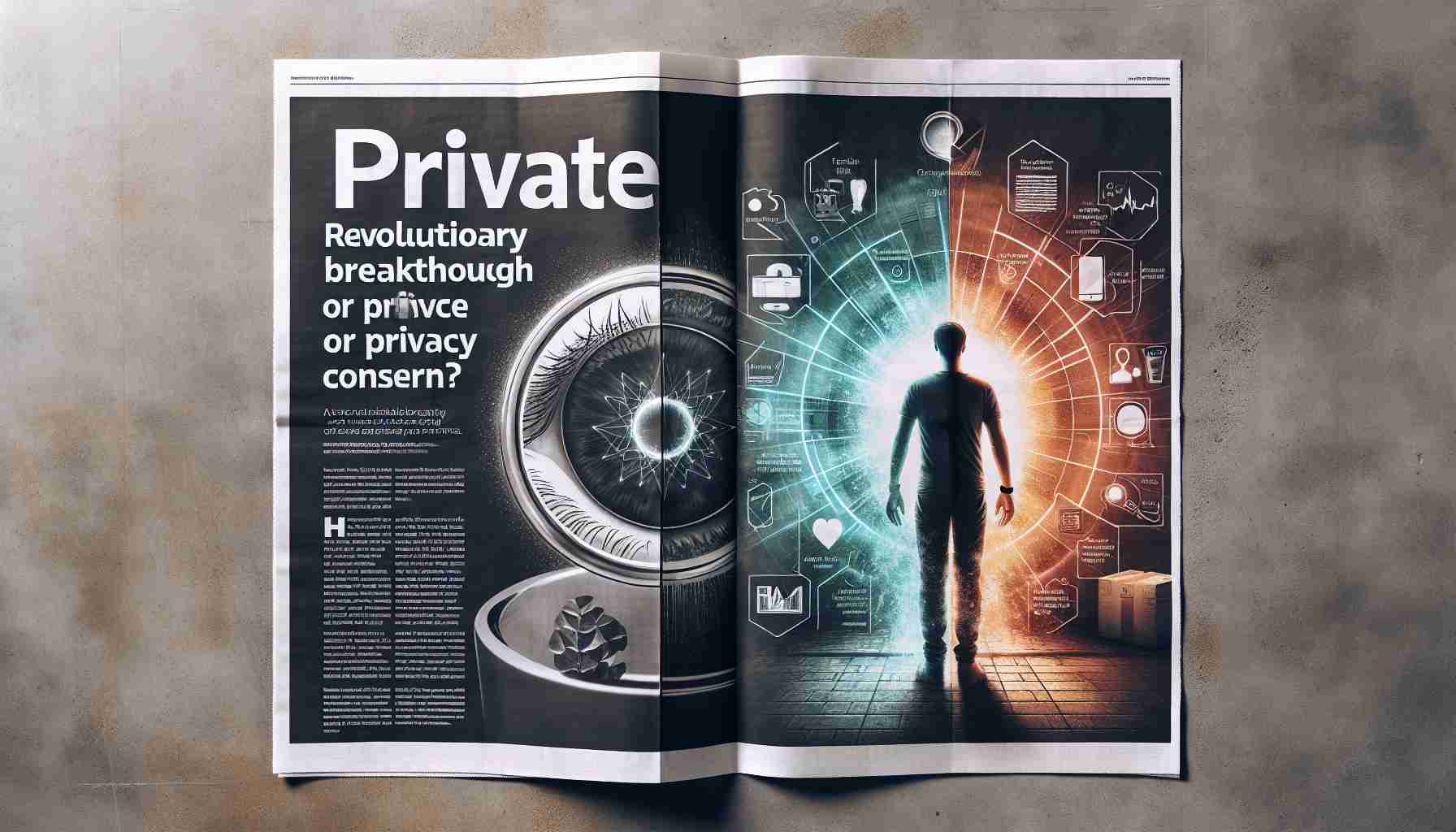In a world driven by technological advancements, the Galaxy SmartTag 2 emerges as a leading solution for personal item tracking, sparking both excitement and concern. Samsung’s latest innovation refines the smart tracking experience, yet raises important questions about privacy in our digital age.
Revolutionizing the Tracking Experience
Samsung has enhanced the SmartTag 2 with an extended Bluetooth range, allowing users to locate their items from a significantly farther distance, approaching up to 120 meters outdoors. By integrating Ultra-Wideband (UWB) technology, the SmartTag 2 offers precise location tracking that transforms the way users find misplaced objects. This tech advancement is paired with a robust 500-day battery life, diminishing the need for frequent replacements and enhancing usability.
The Convenience vs. Privacy Dilemma
While these features offer undeniable convenience, there’s an underlying debate around personal privacy. With the SmartTag 2’s ability to be seamlessly integrated with Samsung devices, it creates a comprehensive network of data about user movements and item locations, raising concerns about data protection and unauthorized access.
Navigating a Connected Future
As smart tracking devices like the Galaxy SmartTag 2 continue to evolve, it is crucial to address the balance between technological convenience and personal privacy. Though these tools make misplacement a relic of the past, ensuring data security must become an industry focal point. As Samsung leads in innovation, transparency in data use and protection becomes as vital as the cutting-edge features themselves.
This dual aspect of smart technology symbolizes the challenges and advancements of our interconnected future.
Galaxy SmartTag 2: A Game-Changer or Privacy Nightmare?
The debut of Samsung’s Galaxy SmartTag 2 has sparked a worldwide conversation, venturing beyond merely solving the age-old problem of lost belongings. How will this technological marvel alter daily routines, societal dynamics, and international norms?
A Glimpse into Global Impact
At its core, the SmartTag 2 appears to be a sleek tool for everyday convenience. However, as communities become increasingly interconnected, its ripple effect is felt far and wide. According to studies, enhanced personal tracking has the potential to significantly reduce time spent searching for lost items—a situation that, over lifetimes, can collectively save populations millions of hours. Yet, such efficiency gains don’t come without their trade-offs.
Questioning Personal Boundaries
Let’s consider a question that may be lingering on everyone’s mind: Could the very technology designed to enhance our lives inadvertently open doors to exploitation? With concerns about unauthorized accesses—both online and off—consumers are left to ponder the balance between convenience and the sanctity of personal space.
The Debate: Benefits vs. Intrusions
On one side, supporters of tracking technology emphasize its utility, citing improved daily routines and stress reduction concerning misplaced items as major advantages. Conversely, skeptics warn against the erosion of privacy barriers, warning of potential data misuse and surveillance concerns.
A Global Consensus?
Navigating the path to a harmonious relationship with our digital helpers prompts a universal challenge: Are we prepared to exchange some elements of privacy for technological convenience? The answer lies not only with Samsung but with a collective global initiative toward responsible tech use.
For further insights into this pressing issue, visit Samsung.







